Rule-Based Actions in Business Systems: Automating Dunning, Quotation Management, and More

Modern businesses increasingly rely on automation to streamline repetitive and decision-based tasks. One of the most powerful tools in this regard is rule-based action engines, which execute predefined logic across ERP and CRM systems to handle routine business processes like dunning (reminder systems for unpaid invoices) and quotation generation.
What Are Rule-Based Actions?
Rule-based actions are automated triggers that follow a set of logical conditions — typically structured as “If X, then Y.” For example:
-
If an invoice remains unpaid for 14 days, then send a reminder email.
-
If a customer requests a quote via a form, then auto-generate and email a PDF quotation.
These workflows require no manual input once the logic is defined. The goal: faster response times, increased consistency, and better resource allocation.
Common Use Cases
1. Dunning (Mahnwesen)
Automated dunning ensures that unpaid invoices are followed up consistently:
-
Reminders sent after X days
-
Escalation to legal if ignored
-
Personalized emails based on customer status
2. Quotation Creation
Sales teams can save time by using automation rules:
-
Pre-fill customer data from CRM
-
Auto-calculate discounts or taxes
-
Generate professional PDF offers instantly
3. Lead Nurturing
Trigger nurturing emails, demo invitations, or discounts based on lead behavior.
4. Order Follow-ups
Send automatic messages when a product is shipped, delayed, or out of stock.
Benefits of Rule-Based Automation
-
Time Savings: Manual tasks like emailing or data entry are eliminated.
-
Error Reduction: No forgotten invoices or missed quote deadlines.
-
Consistency: Every customer receives the same quality of service.
-
Scalability: Processes work the same whether you have 10 clients or 10,000.
ERP and CRM Integration
These rule engines are most effective when integrated with ERP and CRM systems. CRM handles triggers based on customer activity; ERP uses transaction logic like overdue payments, inventory changes, or financial thresholds.
Final Thoughts
Rule-based actions transform how companies manage recurring operations. By automating dunning, quotation handling, and other repetitive tasks, businesses reduce overhead, improve customer satisfaction, and ensure that no opportunity slips through the cracks.

